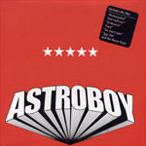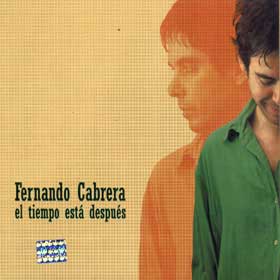
"Laberinto" Was La Trampa's Fifth Studio Album. It Was Issued In 2005 To Good Sales And (Mostly) Positive Reviews.
“Laberinto” [Labyrinth] constitutes the fifth album of original material released by Uruguayan rockers La Trampa. Alongside La Vela Puerca, No Te Va Gustar and Buitres the band possesses immense popularity in the country; and like the aforementioned bands, it has been making inroads in the Argentinean market.
This time around there is a strong presence of both Uruguayan and Argentinean folk music in the compositions (all penned by guitarist Garo Arakelian), which coupled with the traditional approach of the band results in a captivating listening experience. The entrance to this particular labyrinth is not that unusual, though: “Puente De Estrellas” [Bridge Of Stars], “Las Décimas” [The Ten-line Stanzas] and “El Poeta Dice La Verdad” [The Poet Tells The Truth] are classic La Trampa, competing with the best moments of preceding albums such as “Caída Libre” [Free Fall] (2002).
However, come the fourth selection, a “zamba” (an Argentinean rhythm, not to be confused with the Brazilian “samba”) titled “Ronda De Lenguas” [Round Of Tongues] and the thread abruptly disappears, leaving the listener wondering how to proceed. The bands playfully leads him through a maze of gentle songs interspersed with harder-sounding offerings, until “Vagos Recuerdos” [Vague Memories] signalizes the way out. Along the way he is bound to find “Canciones Al Viento” [Songs To The Wind], which combines a measured introduction with an energetic conclusion, emphasizing the will to transcend of the lyrics (“Quiero una canción que vuele cuando ya no vuele yo/Que se haga viento en el aire cuando no respire yo/Quiero un viento que te cante cuando ya no cante yo”) [I want a song that flies when I no longer fly/That becomes wind in the air when I no longer breathe/I want a wind that sings for you when I no longer sing] and the salient “Pensares” [Thoughts], bearing the most realized chorus of the whole album, alongside a pensive guitar solo that complements the lyrics perfectly. Continue reading


